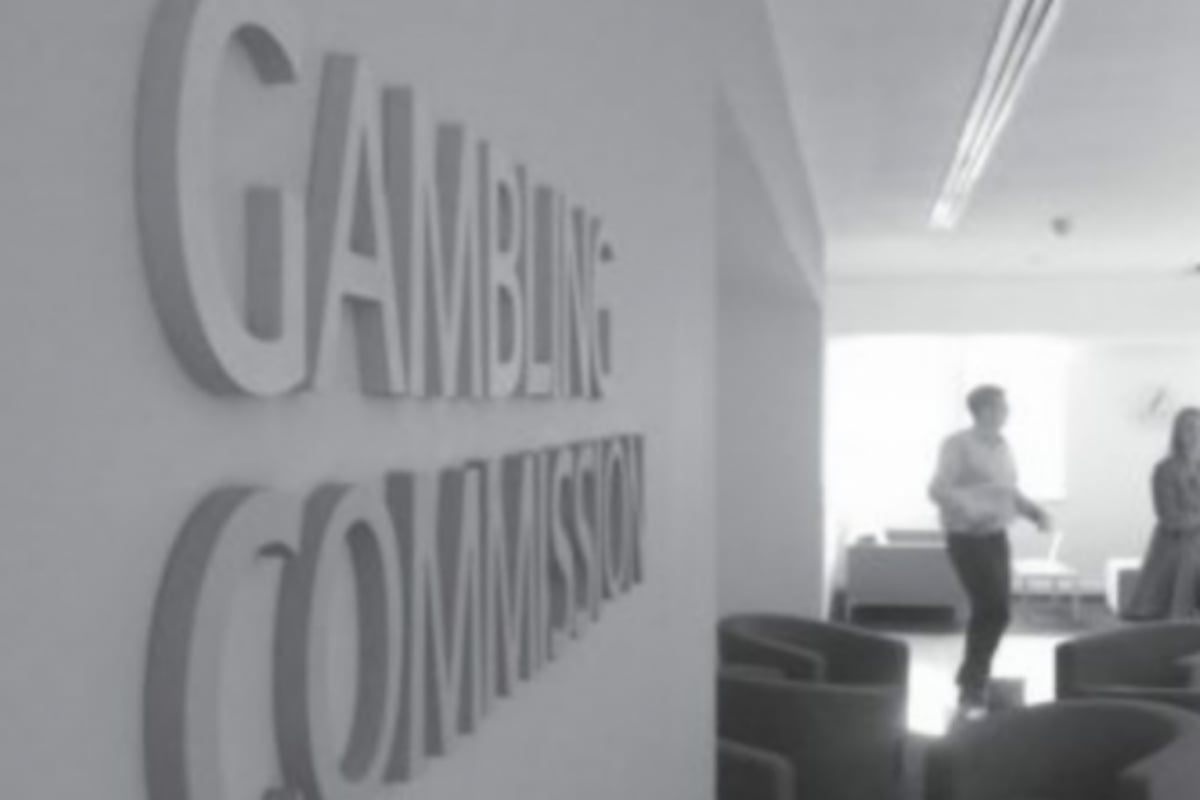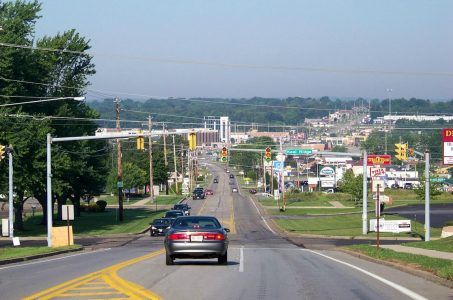UK Gambling Commission, Facebook Partner to Reduce Gambling Ads on Social Media
Posted on: September 29, 2020, 09:03h.
Last updated on: September 29, 2020, 02:06h.
The UK Gambling Commission (UKGC) has partnered with Facebook to reduce gambling-related content that is shown to at-risk people on the social media platform.

Under the arrangement, Facebook and the UKGC have issued guidance explaining to users how they can limit the number of gambling advertisements and posts they see in their newsfeed. Facebook explains that the more ads, pages, and posts a user clicks on that are related to gambling, the likelier they are to see more advertisements and sponsored posts about gambling.
The Facebook handout teaches users how they can hide ads, update their advertising preferences, and manage how third-party data is used.
Founded in 2005, the UKGC regulates commercial gambling and the National Lottery. Part of its regulatory powers is to make sure gambling is safe for consumers throughout Great Britain, and the industry isn’t doing social harm.
Online Gaming During Pandemic
The UKGC launched a campaign in January ahead of the worldwide pandemic challenging the gaming industry to make gambling safer. The Commission issued three core challenges to the industry: developer safer products, limit VIP incentives, and promote safer online advertising.
The necessity to address the latter component only escalated during the coronavirus. As COVID-19 resulted in lockdowns across the UK and High Street betting shops closed, many gamblers went online. March 2020 online slot revenue soared 25 percent year-over-year, virtual table games 13 percent, and internet poker 53 percent.
Compared with 2019, monthly online gaming revenue was also up in April, May, and June.
Last month, the Social Market Foundation, one of the most respected independent political think-tanks in Britain, called on the UKGC to implement a monthly cap on how much a gambler can lose online. The policy organization recommended that after someone loses £100 ($129 USD), the player must prove that they can afford to lose more money.
The gaming industry rejected the suggestion, the Betting and Gaming Council saying there is “no other area of the economy where the government determines how much an individual can spend.”
Problem Gamers in the UK
As of the end of 2019, the UKGC says 24 million adults were active gamblers in Great Britain — “active” defined as gambling at least once a month. Of the 24 million, 300,000 were classified as problem gamblers.
In April, the Gambling Commission set aside £9 million ($11.5 million USD) to help those battling gambling addictions. The funds were directed to GambleAware, a charity that runs a 24/7 helpline and offers evaluations and treatment for those in need.
Fifty-one percent of all consumers say they see a gambling advertisement at least once a past week. Only 29 percent say they believe gambling is conducted fairly and can be trusted.
Related News Articles
Connecticut Satellite Casino Blueprint Leaves Some Locals Underwhelmed
Most Popular
FTC: Casino Resort Fees Must Be Included in Upfront Hotel Rates
Genovese Capo Sentenced for Illegal Gambling on Long Island
NBA Referees Expose Sports Betting Abuse Following Steve Kerr Meltdown
UPDATE: Former Resorts World & MGM Grand Prez Loses Gaming License
Most Commented
-
UPDATE: Whiskey Pete’s Casino Near Las Vegas Closes
— December 20, 2024 — 32 Comments -
Caesars Virginia in Danville Now Accepting Hotel Room Reservations
— November 27, 2024 — 9 Comments -
UPDATE: Former Resorts World & MGM Grand Prez Loses Gaming License
— December 19, 2024 — 8 Comments -
FTC: Casino Resort Fees Must Be Included in Upfront Hotel Rates
— December 17, 2024 — 7 Comments
















No comments yet